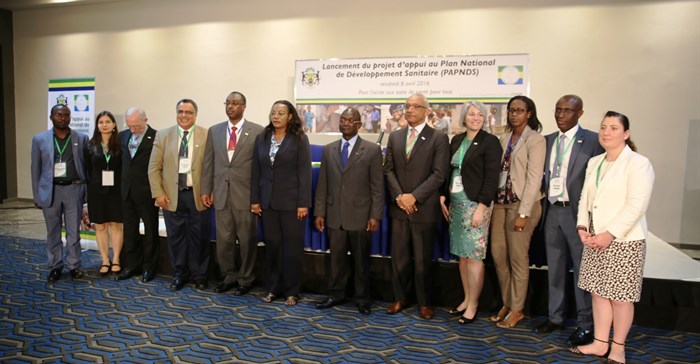
Top stories


ESG & Sustainability#BudgetSpeech2026: SRD grant unchanged, other Sassa social grants see hike
13 hours



More news












ESG & Sustainability
South Africa’s carbon tax should stay: climate scientists explain why










"Gabon must ensure equal access to healthcare services for all. This is why the ministry is launching this plan, which aims to improve the range of healthcare services available, and to roll out state-of-the-art equipment throughout the country," says Paul Biyoghe Mba, deputy prime minister in charge of health, social security and national solidarity.
For the first year, the American non-profit organisation, Management Science for Health (MSH) will assist government action in four priority areas:
"Each year, the development status of numerous countries is affected or delayed, millions of lives are wiped out and too many deaths are caused by pathologies and diseases that are avoidable or treatable through proven and affordable approaches and solutions," says Paul Auxila, executive vice president and head of operations at MSH.
The public/private partnership between the health ministry and MSH will also provide full vaccine cover for the country against polio, meningitis, tuberculosis, pneumococcal diseases, hepatitis B, measles and yellow fever, as well as guaranteeing the procurement of medicines for healthcare structures.
MSH also promises to reduce the maternal mortality rate in Gabon by 65% over the next five years.
As part of its mission, MSH helps fill the gap that very often exists between knowledge, solutions and action in the field of public health. Its technical support in the Democratic Republic of Congo has saved some 150,000 children in less than four years.